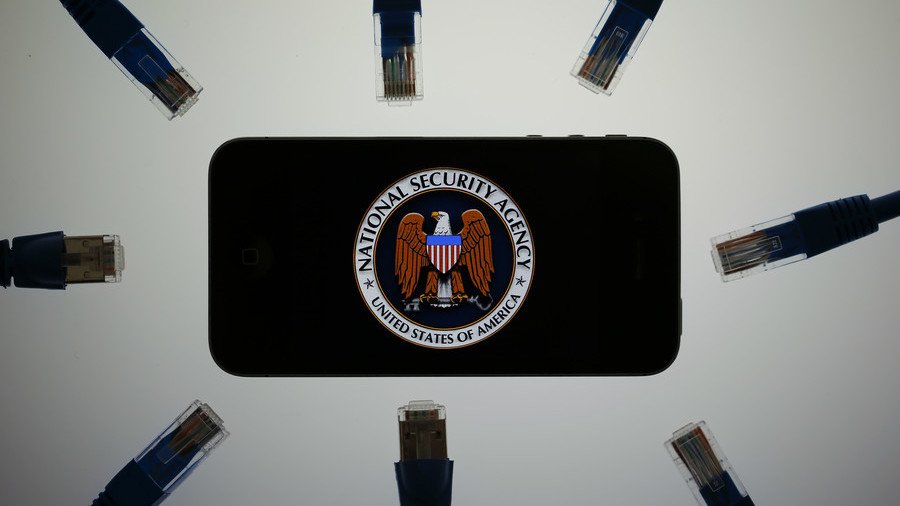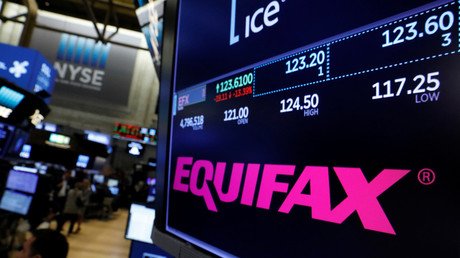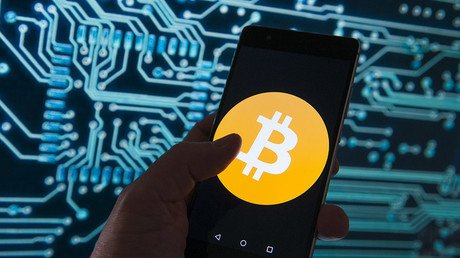Only 13% of US govt employees believe they are responsible for cybersecurity – survey

A new survey has revealed that most public sector workers in the US care little about their own cybersecurity responsibilities, despite evidence showing a spike in global cybercrime rates.
Tuesday’s joint report by digital security company Dtex and surveyor YouGov, titled ‘Uncovering the Gaps: Security Perceptions and Behaviors of Today’s Government Employees,’ looked at about 1,000 employees with security clearances at the local, state, and federal level. Most turned out to believe data theft is next to impossible.
Only 13 percent of those surveyed felt responsible to keep their data and devices secure. Most others – 48 percent – believe it’s solely the job of IT professionals, senior leadership, and colleagues.
For many, digital theft is almost the stuff of fantasy: at 14 percent, it rated only 3 points above alien invasion in the respondents’ fear rating (below food poisoning and far below government collapse). One in three people was more concerned with being struck by lightning than with having their data compromised.
“Insider threats are plaguing the nation’s government organizations, no matter their size or focus – from the White House to political campaigns to local department offices,” said Jeff Miller, director of US Public Sector at Dtex, in a press release, stressing that employees become culpable whenever making poor decisions while online.
Many tech firms have parlayed the importance of cybersecurity as technologies become more complex and integrated. The rise in the Internet-of-Things (IoT) and machine-to-machine (M2M) technologies, as well as artificial intelligence have accelerated this demand.
Telecommunications giant CISCO reflected this in its 2018 annual cybersecurity report, which says that 60 percent of malicious websites come from spam campaigns and that half of all organizations using multiple security products were at risk of cyberattacks.
Digital strategy consultant and cyberterrorism expert Lars Hilse said in an interview that internet infrastructure will need to evolve in order to tackle network-connected cybercrime.
“I think the internet wasn’t made with security in mind, that’s why we are going to see more such hiccups along the way until someone finds a solution essentially building internet on top of the internet, which does have security and allows us to do sensitive things. But the hacks, I think, are difficult to trace,” he stated.
Not even cybersecurity legend John McAfee is immune to cybercrime. Last December, his Twitter account was compromised by an unknown perpetrator, who then used it to promote obscure cryptocurrencies. “If they can do it for me they can do it for anyone,” he said.
Like this story? Share it with a friend!
















